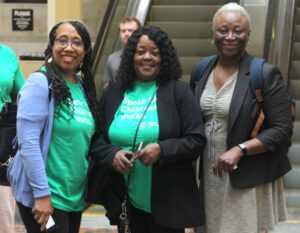
Reflecting on Family Child Care Awareness Day 2025
Philadelphia-based FCC provider Adrienne Briggs reflects on the success of the 2025 Family Child Care Awareness Day in Harrisburg, Pennsylvania and shares why it is important for FCC providers to come together and advocate for what they need.








